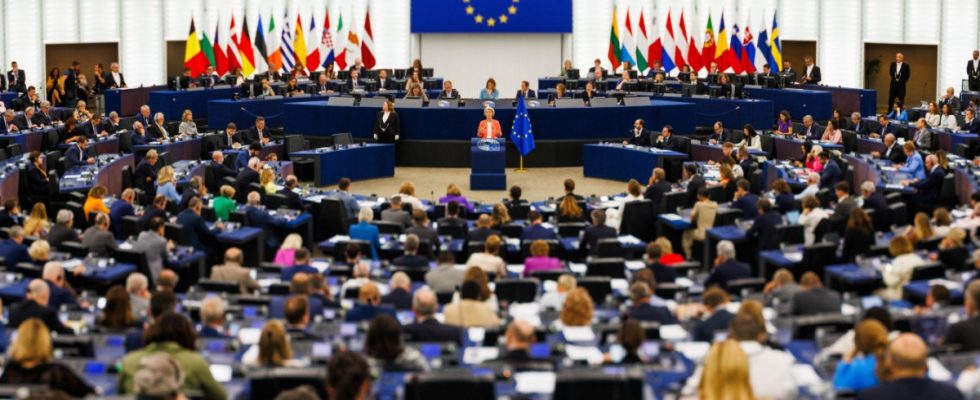Tunisia has refused entry to five MEPs. The Foreign Affairs Committee delegation, which was due to begin a three-day visit on Thursday, sharply criticized the decision and demanded an explanation from the Tunisian authorities. “This behavior is unprecedented since the democratic revolution in 2011,” it said opinion. “We continue to be willing to engage in dialogue about critical issues and demand this.”
During their stay, the MEPs wanted to meet with civil society organizations, trade unions, opposition leaders and representatives of political foundations as well as EU member states. The European Parliament announced this in a press release. Meetings with their Tunisian counterparts have been requested. The delegation was led by German MP Michael Gahler (CDU).
The five MPs are convinced “that the desolate economic and social situation in Tunisia, which is exacerbated by the humanitarian crisis, urgently requires a comprehensive national dialogue.” Without this, the prospects for stable political and economic development in Tunisia are bleak, the statement continues. In addition to Gahler, the delegation included the German Dietmar Köster (SPD) and the three French MPs Salima Yenbou, Mounir Satouri and Emmanuel Maurel.
Maurel had Internet service X (formerly Twitter) wrote that he was shocked by the ban. “The European heads of state and government must not leave this decision unanswered,” he demanded. The news site “Politico” had previously reported.
According to EU information, the members of the Committee on Foreign Affairs, Human Rights, Common Security and Defense Policy were last in Tunisia in April 2022 to obtain information on human rights and democracy issues.
Criticism of the migration pact
Michael Gahler clearly criticized the migration pact concluded with Tunisia in July. This provides for financial aid of around one billion euros, including to support the coast guard, including emergency aid of 105 million euros to strengthen border protection. This is intended to curb irregular migration. This had recently risen sharply even after the agreement was concluded.
In Tunisia, President Kais Saied is ruling in an increasingly authoritarian manner. In July 2021 he declared a state of emergency. Since then, he has ruled largely by decree and has taken massive action against the opposition and critical voices, as well as against migrants from sub-Saharan African countries.

